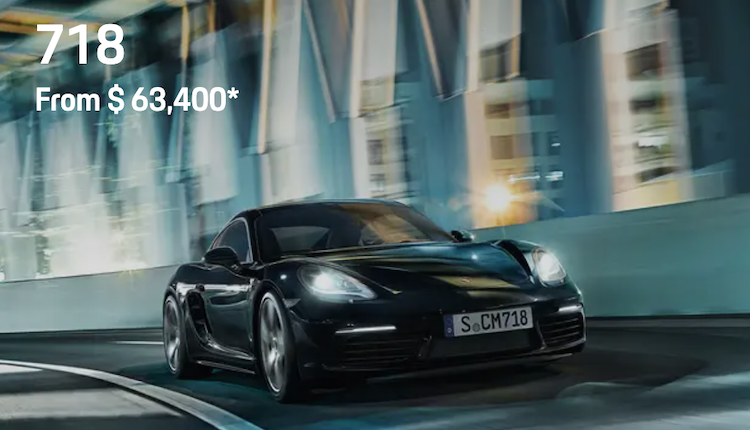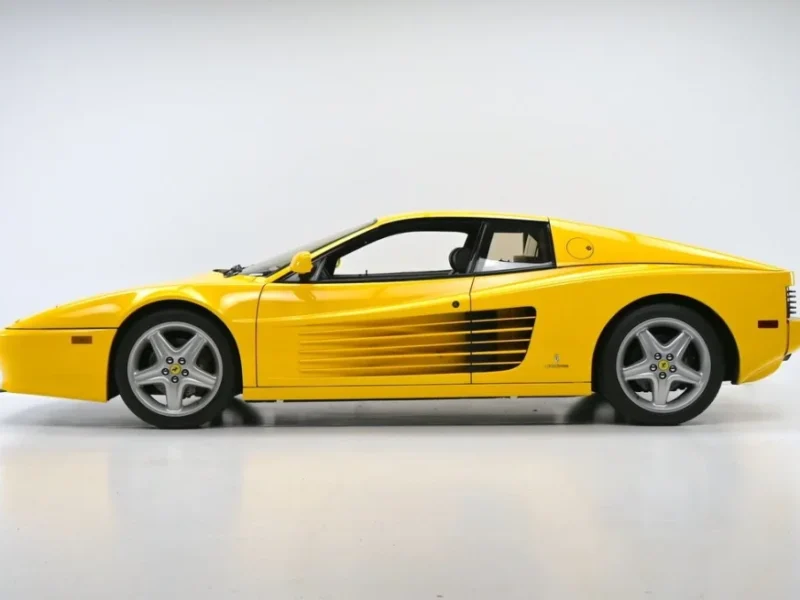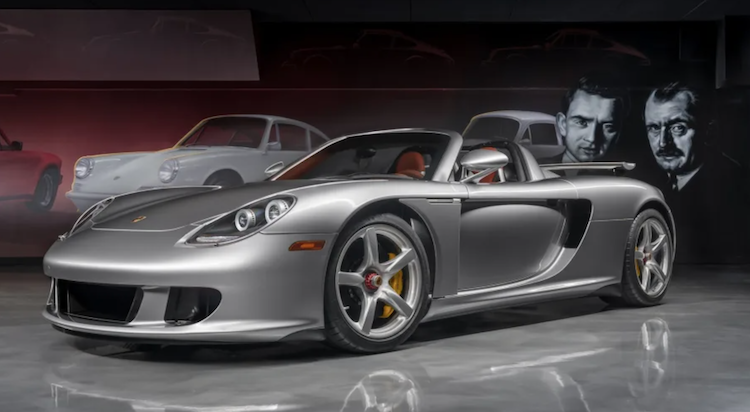At the moment, you can’t buy a Porsche Boxster for anywhere near the amount above. Never mind all the pricey options that send the sticker skywards. Every Porsche dealer is putting a $10k to $50k premium on the company’s sports cars. Because they can.
Russia’s invasion of the Ukraine (where Porsche wiring looms were made) and the recent sinking of a transport ship have severely constrained supply. At the same time, the pandemic put a lot of “extra” money in wealthy buyers’ pockets. Supply is down, demand is up, premiums are a thing. Still, that’s one hell of an ask. Is it worth it?
The obvious answer: “something is worth exactly what someone will pay for it.” If you want a new Porsche and you’re ready, willing and able to pay the dealer’s “surcharge,” sure. Why not? The less obvious answer: “GTFO. I’m not rewarding their money grab.” Personally, I find the “dealer premium” a bit galling. Even before it was introduced, Porsche were the most profitable mass-market carmaker (per vehicle). Anyway . . .
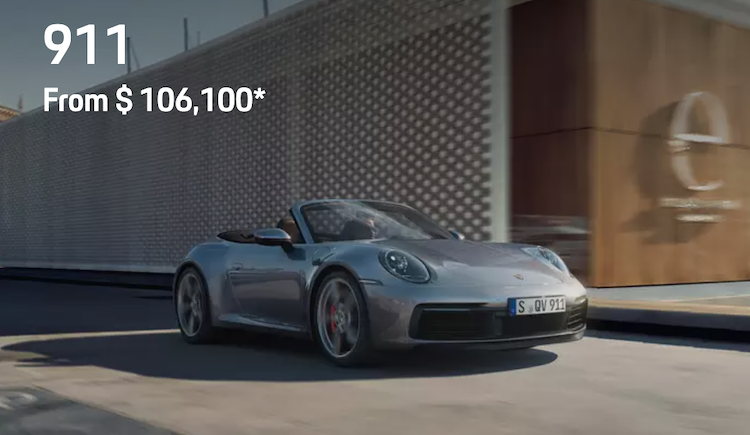
If you pay the premium, you won’t get a Porsche sports car. Not right away. Waiting lists stretch a full year – or longer for desirable models. So not only do you have to put down a deposit – “free” money for Porsche – but you don’t get anything approaching instant gratification. As time is money, the premium costs more than money alone.
The big question: will you recoup the premium when it comes time to trade or sell your Porsche? At the moment, yes – if you already paid the premium and took delivery of the car. Depending onthe model, you can flip your Porker sports car for more than you paid, including the premium, mileage be damned. Yeah, demand is that high.
What happens if the economy takes a turn for the worse and demand diminishes – or supply increases – before your new Porsche makes it stateside? For one thing, your dealer will not remove the premium. For another, the instant Porsche removes the premium on new cars your Porsche is worth less – even if Porsche raises the sticker price to compensate (my guess). In this scenario, you will not recoup your premium when it comes time to trade or sell – absent a possible model-specific exception (see: below).
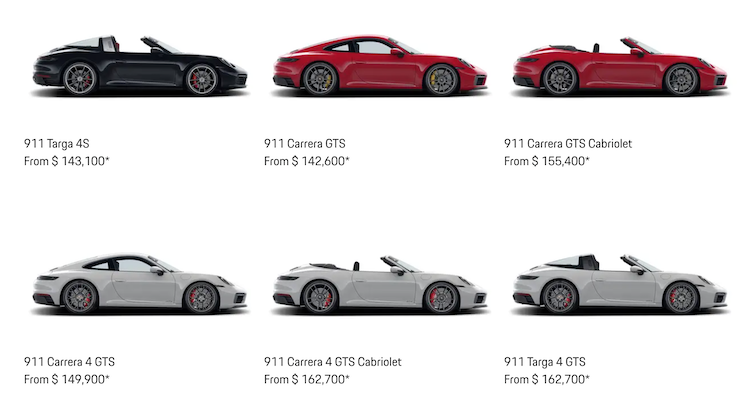
How much less your Porsche will be worth if and when the supply catches up with or overtakes demand – if and when the premium disappears – remains to be seen. It could be a slow, entirely acceptable descent. It could also be a rapid fall from grace. Lest we forget, previous economic downturns hit Porsche hard. In 2002, the Cayenne SUV saved the automaker’s bacon (SUV’s now account for some 65 percent of Porsche’s production).
Regardless of macro-economics, the future demand for a Porsche sports car – and thus its resale value – also depends on a given model’s desirability. A garden variety 911 or Boxster is a great car, but they’re the vehicles at most risk of depreciation. Right now, they’re safe. But it’s only a matter of time before a non-OMG 911 or Boxster owner will have to eat the premium.
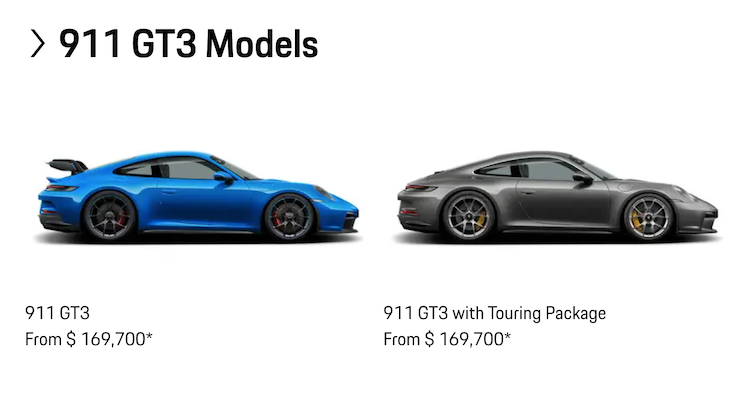
A hard-to-get, well-specced, special/limited edition 911 or Boxster is the least likely to take a tumble. That’s because they’re awesome. And will remain awesome. In fact, awesomely awesome Porsches are excellent “tuck away” cars. Drive it sparingly, service it properly and your automotive magic feather will appear with plenty o’ thumbs-up in future editions of the Rienzi Report. The premium paid will be overtaken and forgotten.
This is no secret. Serious car collectors know that the rarer and more extreme the vehicle, the better the long-term investment. A $3m Bugatti Chiron is a better buy than a $350k Ferrari F8 Tributo. A $350k Ferrari F8 Tributo is a better investment than a low-mileage $200k Porsche 911 Targa 4S. And so on down the four-wheeled food chain.
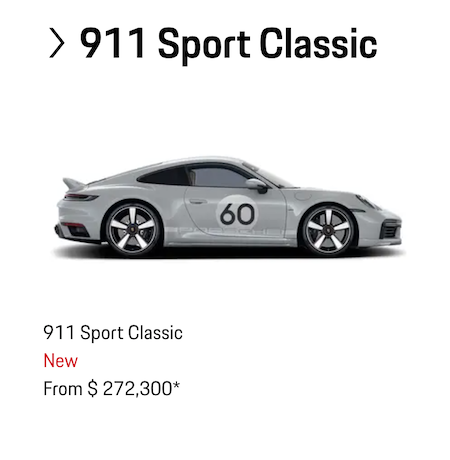
Hang on. Even the most extreme Porsches are daily drivers. If you use your Porsche as a primary vehicle, if you rack-up even moderate miles, you put yourself in the depreciation danger zone. I don’t care how brilliant your Porsche 911 Targa GTS or 911 Sports Classic is, a 40k or 60k mile example sheds significant value.
It comes down to this: do you view your Porsche as an investment, a toy or a useful form of transportation?
If it’s the former, sign-up for the most desirable “special” model you can afford, pay the Porsche premium when it arrives and stash the car. If you’re in it for fun or adrenalin-infused utility, I say nope. Tell your Porsche dealer thanks for nothing. Keep your current car or buy something else until Porsche prices settle down. A year? Two? Three? Alternatively, what the hell. It’s only money.
